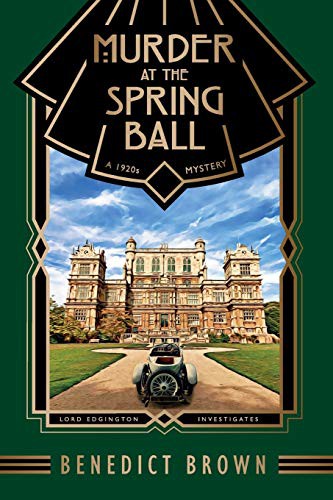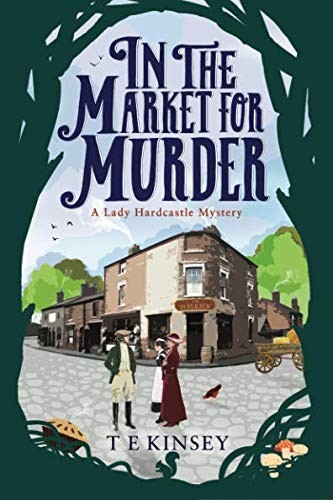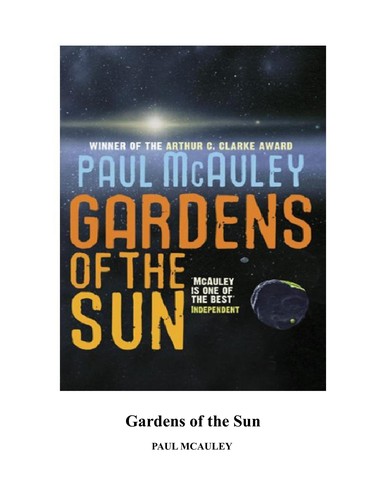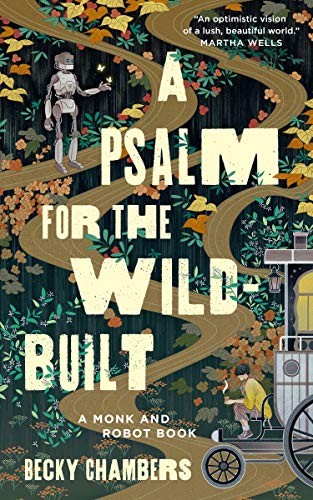Deborah Pickett commented on Network Effect by Martha Wells (The Murderbot Diaries, #5)
A noun phrase that Murderbot uses frequently in this book is “humans and augmented humans” and it’s really annoying me, in the same way that certain people use the phrase “women and trans women”.
“Humans” is enough.










